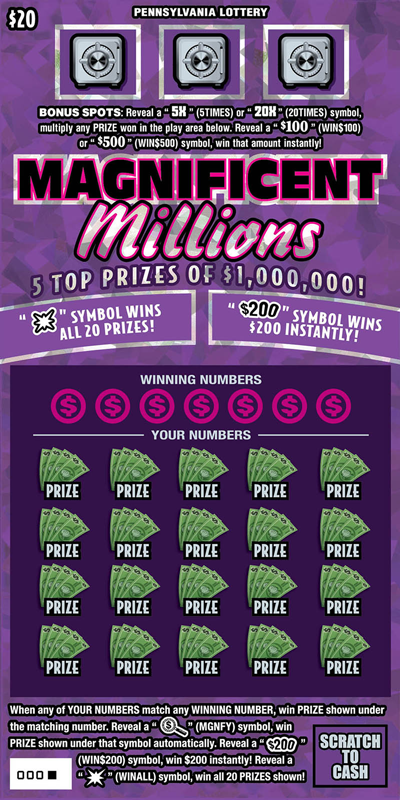

Perry also got WTAE stagehand Fred Luman to physically switch the original balls with the weighted ones twice: once before and once after the drawing. Plevel left the machines and balls unguarded for several minutes on a few occasions. The room was locked with two keys Perry had one, and Plevel had the other. Perry got access to the machines and ping-pong balls, which had been kept in a room at WTAE studios, through Edward Plevel, a lottery official. 6 balls were chosen as the lucky lighter balls. Once committed to the plan, Perry approached local Pittsburgh lettering expert and WTAE art director Joseph Bock about creating weighted ping-pong balls that were replicas of the official balls used in the lottery machines. Perry first discussed his idea with Jack and Peter Maragos, two of his partners in a vending machine business. In 1977, Perry became the host of the live nightly broadcast of the Pennsylvania Lottery, held in the studios of WTAE. Later, he became a news and weather reporter and was the host of local sports shows like Bowling for Dollars and Championship Bowling. Perry later moved over to rival WTAE-TV in 1958, as a staff announcer. Navy in World War II, Perry began a career as a radio broadcaster in Charleston, West Virginia, then entered television broadcasting on Pittsburgh's WDTV, the forerunner of KDKA-TV.
He attended Peabody High School and Duquesne University in Pittsburgh. Perry was born Nicholas Pericles Katsafanas in the Morningside neighborhood of Pittsburgh, Pennsylvania. The plan was masterminded by Nick Perry (1916–2003), The Daily Number 's announcer. The chief conspirators were sent to prison, and most of the fraudulently acquired winnings were never paid out. The scheme was successful in that 666 (one of the eight combinations of 4s and 6s that the "fixers" were hoping for) was drawn on Aphowever, the unusual betting patterns alerted authorities to the crime. All of the balls in the three machines, except those numbered 4 and 6, were weighted, meaning that the drawing was almost sure to be a combination of those digits. The 1980 Pennsylvania Lottery scandal, colloquially known as the Triple Six Fix, was a successful plot to rig The Daily Number, a three-digit game of the Pennsylvania Lottery. Screenshot from a video of the drawing, showing three containers each with 10 ping pong balls, just before the balls were released to be scrambled and then selected


 0 kommentar(er)
0 kommentar(er)
